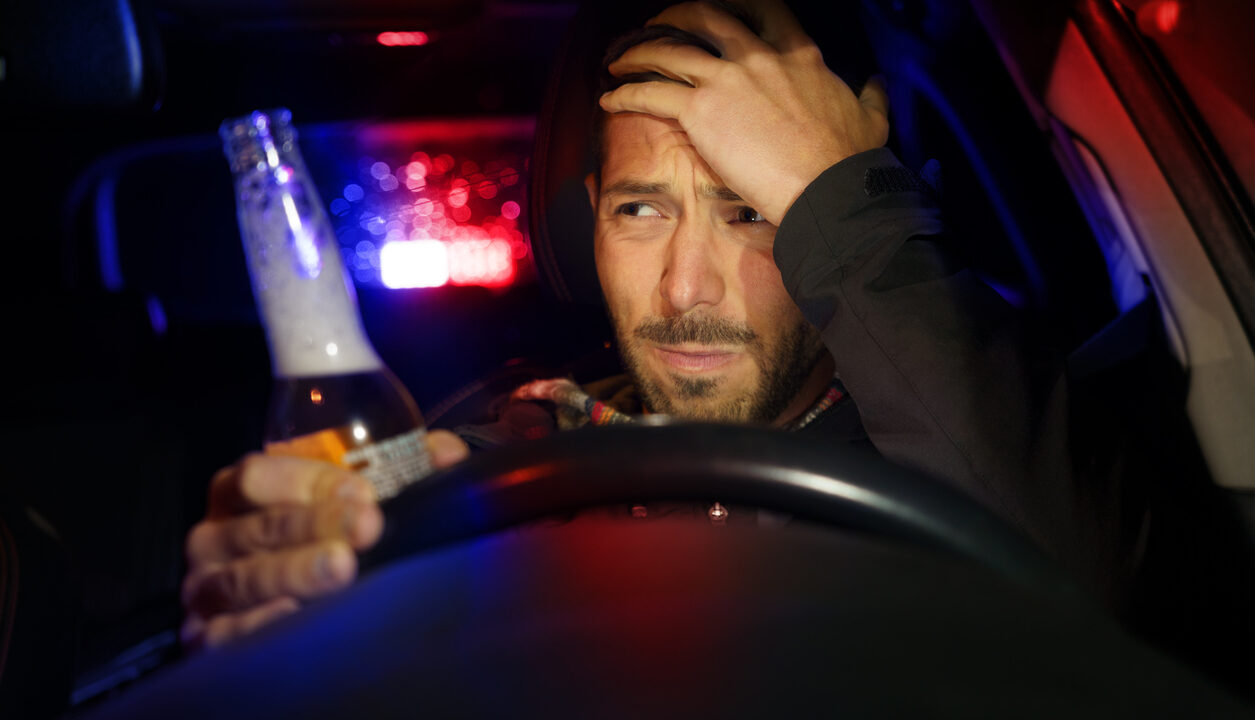In Canada, freedom of speech is protected under section 2(b) of the Charter of Rights and Freedoms, but it is not absolute. Speech that encourages violence in any form is prohibited. Speech that specifically incites violence, public disorder, or other unlawful conduct against the government may be considered sedition under section 59 of the Criminal [ … ]









